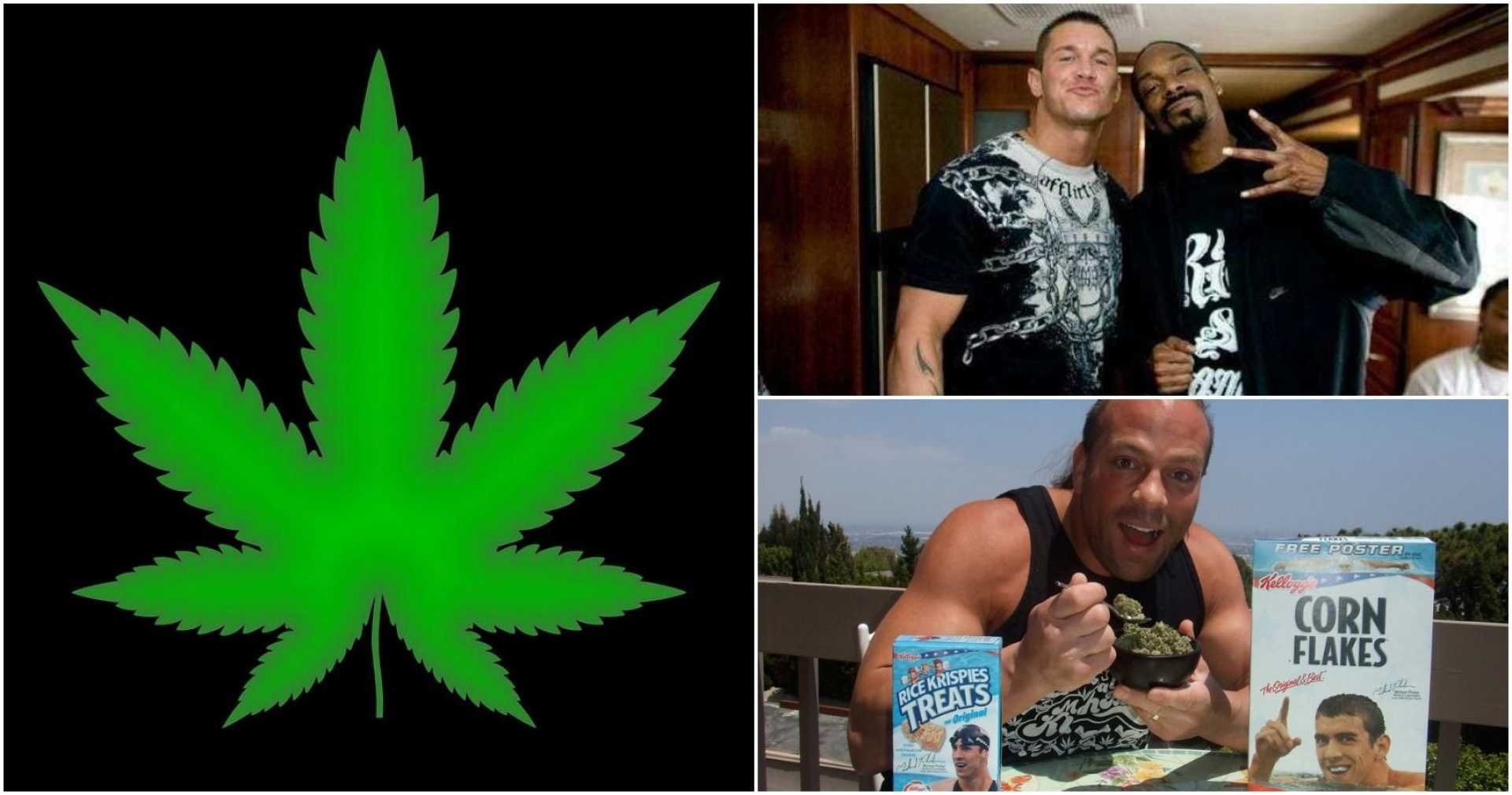Sports
WWE Lifts Marijuana Ban Amid Evolving Attitudes

STAMFORD, Conn. — WWE confirmed that it has removed marijuana from its list of banned substances, signaling a significant shift in the company’s approach to cannabis use among its talent. The news, revealed by WWE star Michin during an appearance on ‘The Speakeezy’ podcast, indicates an evolving understanding as many states across the U.S. have begun legalizing marijuana.
For decades, WWE enforced a strict wellness policy that classified marijuana as a banned substance, subjecting wrestlers who tested positive to fines and sanctions. However, Michin noted, ‘Because it’s [marijuana] more legal, they’ve kind of accepted it. So before, that used to be — marijuana used to be on the drug list, and they took that off a couple years ago.’
The policy shift comes in the context of broader societal changes regarding cannabis, which is now legal for recreational use in 24 states and Washington, D.C. This more lenient stance aligns WWE with other major sports organizations, including the NFL and UFC, which have also revisited their policies on marijuana in response to changing legal and cultural landscapes.
In years past, incidents involving marijuana use led to significant consequences for several wrestlers. Notably, former WWE Champion Rob Van Dam faced suspension after a 2006 arrest for drug possession, including marijuana, which many believe derailed what could have been a prosperous career. Similarly, other high-profile stars have faced repercussions for cannabis use, underscoring the previously stringent policies.
Despite the absence of an official statement from WWE regarding the latest changes, Michin’s insights indicate that performers may now feel more secure in their use of marijuana without fearing penalties.
“So when I get home on Saturdays, I’ll do that [smoke marijuana], just chill out all day, and then I get back into the gym on Sunday,” Michin added, illustrating a personal approach to recovery from the demanding nature of the professional wrestling lifestyle.
Hamish Woodward, a freelance writer and wrestling fan from Wales, commented, ‘This shift in WWE’s policy is long overdue. It reflects not only the changing attitudes towards marijuana but also an acknowledgment of the pressures wrestlers face.’
As cannabis becomes increasingly accepted across various sectors, WWE’s revision of its drug policies suggests it is adapting to contemporary norms, possibly positioning itself to better support the health and wellness of its talent.
While further information from WWE regarding specific policies and potential limitations remains awaited, Michin’s account presents a promising development for wrestlers navigating their personal and professional lives in an evolving landscape.












